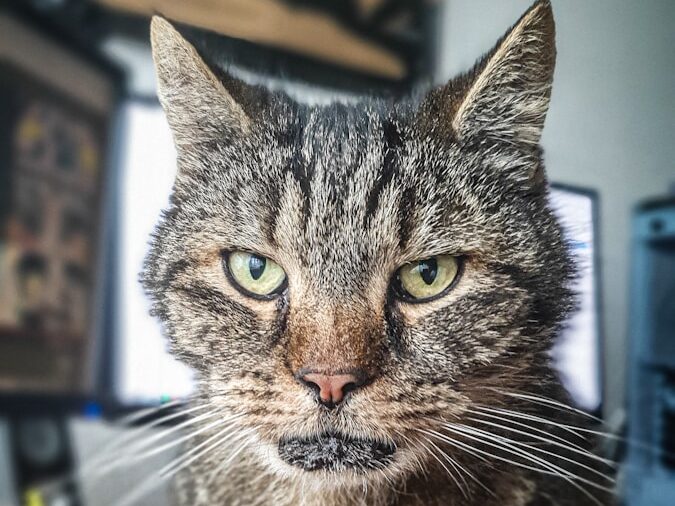
You never notice the moment it starts. One day, they are sprinting down the hallway, chasing shadows, and the next, they pause before jumping, as if they are thinking twice. Aging does not happen all at once. It happens in pauses, in smaller leaps, in softer meows. Here is how you know the years are catching up, even if you wish they were not.
They Sleep More Than They Ever Did
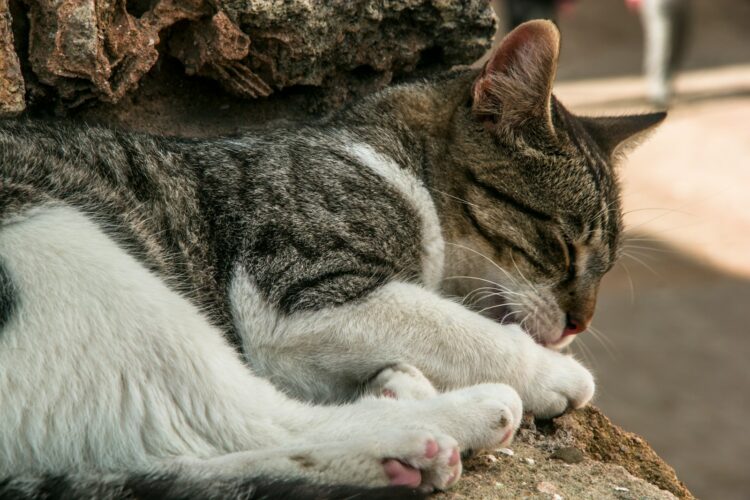
Their naps stretch longer and spill into entire afternoons. Sunlight becomes their favorite companion, and they curl up where it is warmest. The world moves around them, but they stay still, dreaming deeper and breathing slower. You tiptoe past them, not wanting to disturb the peace that now feels sacred. The energy that once filled the room is quieter now, but somehow even more precious.
Their Jumps Become Hesitant
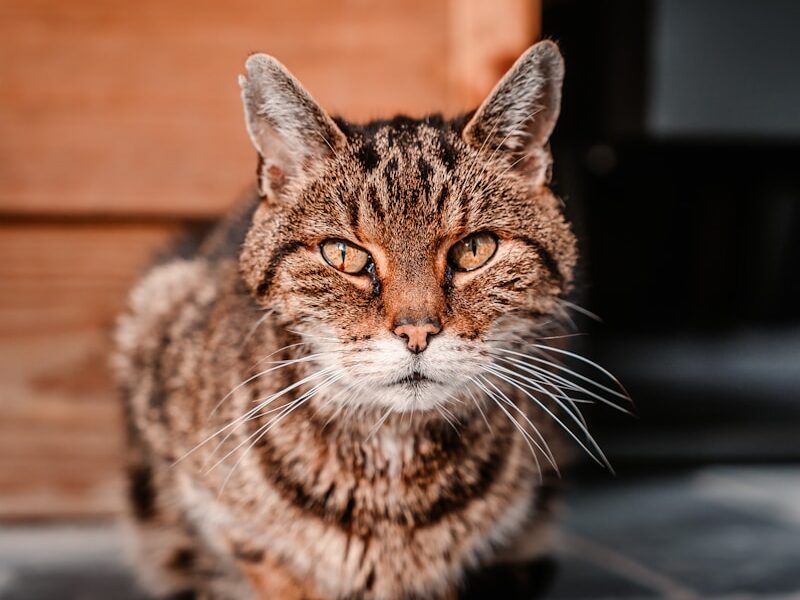
You see the small pause before they leap onto the couch or windowsill. They measure the height and sometimes decide to stay on the ground instead. You find yourself helping without saying anything, lifting them gently like it has always been part of your routine. Their pride remains, but you both know something has changed. It is love mixed with acceptance, quiet and mutual.
Their Eyes Look a Little Cloudy
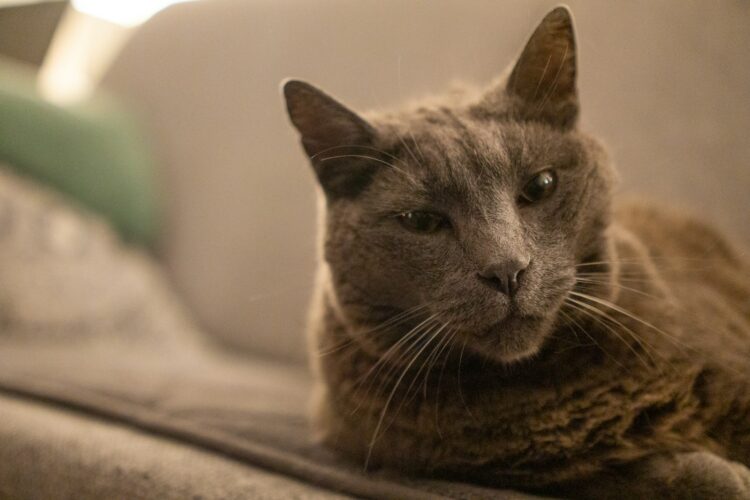
There is a faint blur behind their gaze, like fog behind glass. They still find you in a room right away, not because of sight but because they know your rhythm. When they blink slowly at you, it feels more like memory than focus. You start blinking back more often, afraid they might not always see it.
They Stop Grooming as Carefully
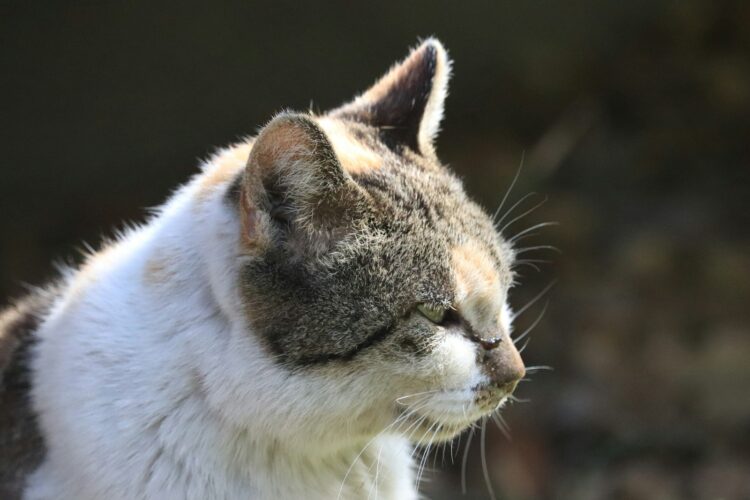
The once-sleek coat grows uneven and a little dull in the light. There might be a small mat near the tail or tufts that never lie flat. Grooming takes effort now, and some days they do not have much to spare. So you brush them softly and patiently until they relax under your hand. It is no longer about keeping them clean. It is about returning the care they once showed you.
They Start Losing Weight, Even When They Eat
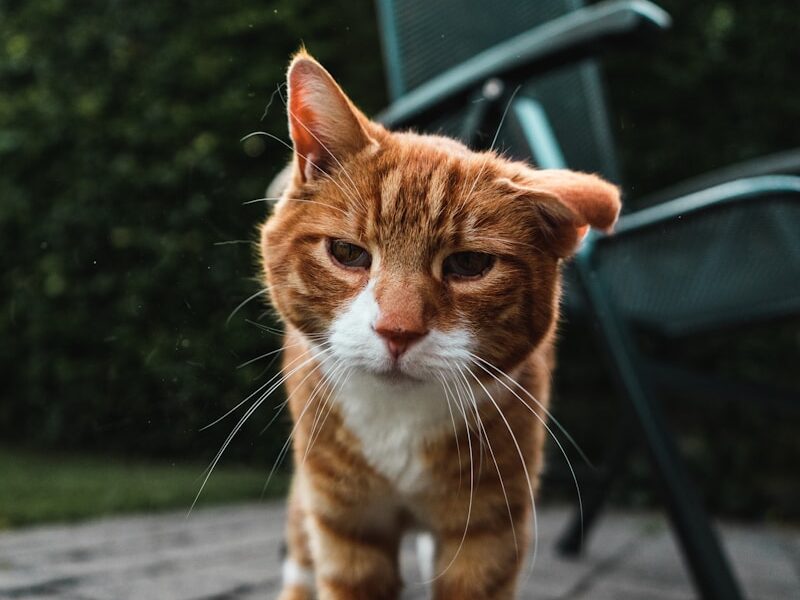
Their body feels lighter when you pick them up, and their bones are more noticeable beneath the fur. They still eat and enjoy their food, but age quietly takes from muscle what it cannot take from appetite. You try different meals, add warmth or broth, hoping to slow what is natural. It is a helpless kind of love, the kind that keeps showing up anyway.
Their Meow Changes
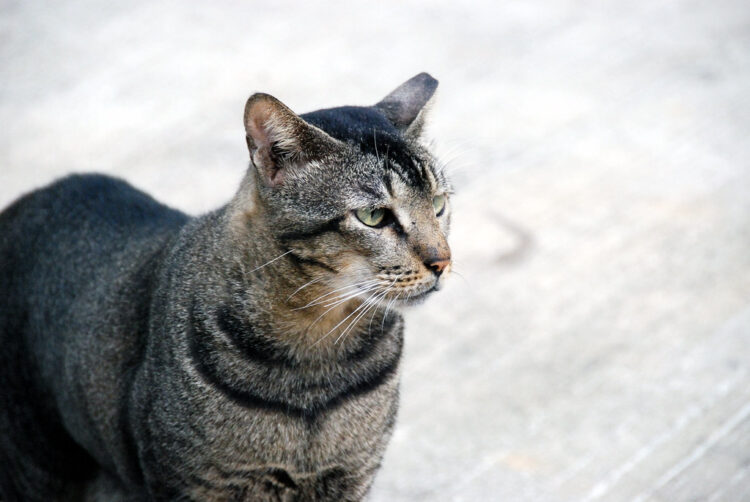
The voice that once woke you up from across the house now sounds softer and raspier. They meow more often at night, not from hunger but from wanting to find you. You answer every time, even half asleep, whispering their name so they know you are still there. The conversation between you changes, but it does not end. It simply becomes gentler.
They Move Differently
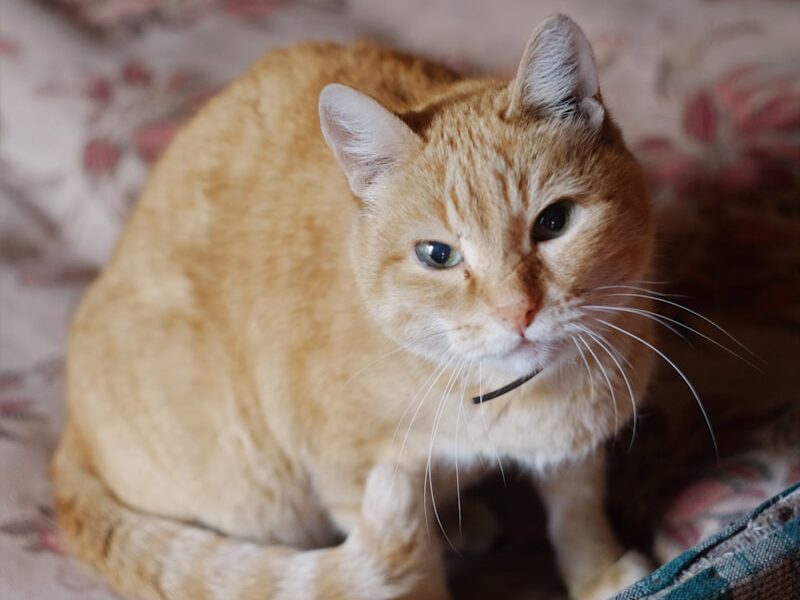
There is no dramatic limp, only a slower rhythm to everything. They stretch shorter, settle longer, and hesitate at steps. Sometimes they pause mid-motion as if remembering how it used to feel. You start adapting quietly, placing stools near their favorite spots or adding blankets to soften corners. Love becomes practical. Care becomes invisible. But they notice, and that is enough.
They Do Not Hear You Right Away
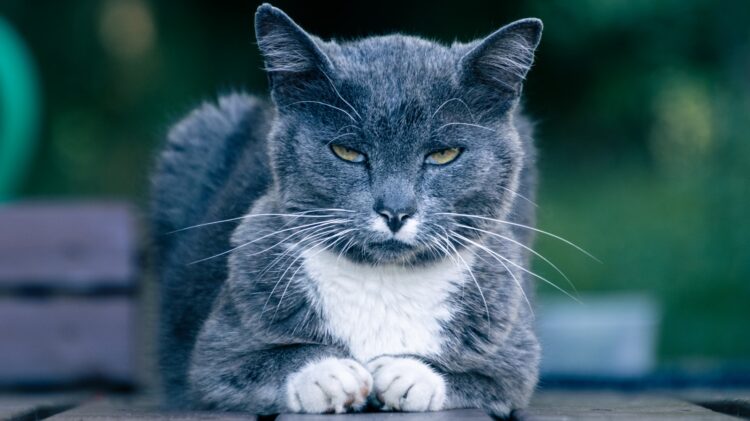
You call, and they do not come running. For a moment, panic flashes through you until you realize they did not hear. Their ears twitch faintly when you get closer, and when you touch them, they blink in surprise and relief. You lower your voice anyway, whispering in tones they might not even catch. It is not about being heard. It is about staying connected.
They Start Sleeping in Warm, Low Places
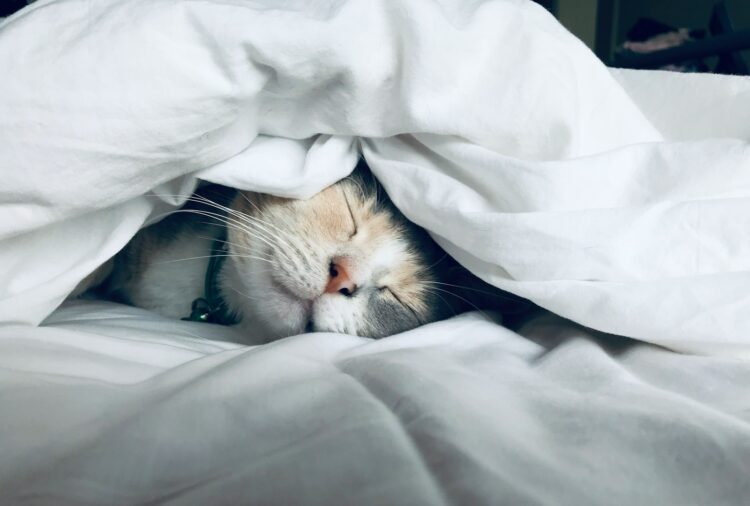
They trade high shelves and window ledges for rugs, radiators, and folded sweaters. Heat soothes the stiffness, and safety feels closer to the ground. You start finding them in new corners you never noticed before. You sit beside them sometimes, quietly, because warmth is something you can still give.
They Eat Less or More Slowly
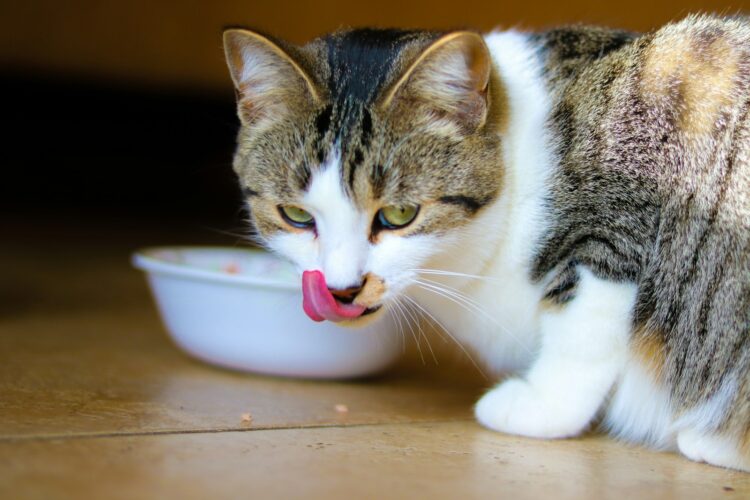
Meals take longer now. They sniff, chew carefully, and sometimes leave food behind. You soften their meals, switch flavors, or feed them by hand. Every bite feels like a small victory, every purr afterward like a thank-you. Feeding them stops being a routine and becomes a way to show you are paying attention.
They Breathe a Little Heavier
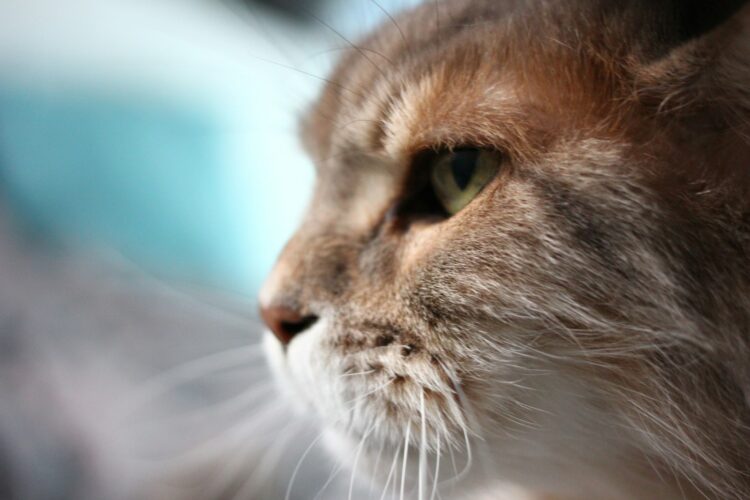
After climbing a step or two, they pause with their sides moving faster than they used to. Sometimes there is a faint wheeze or a sigh that lasts longer than expected. You listen closer than before, holding your breath to catch theirs. They still purr, still nudge you, still act as if everything is fine, but you notice the effort it takes just to be.
They Follow You Less but Watch You More
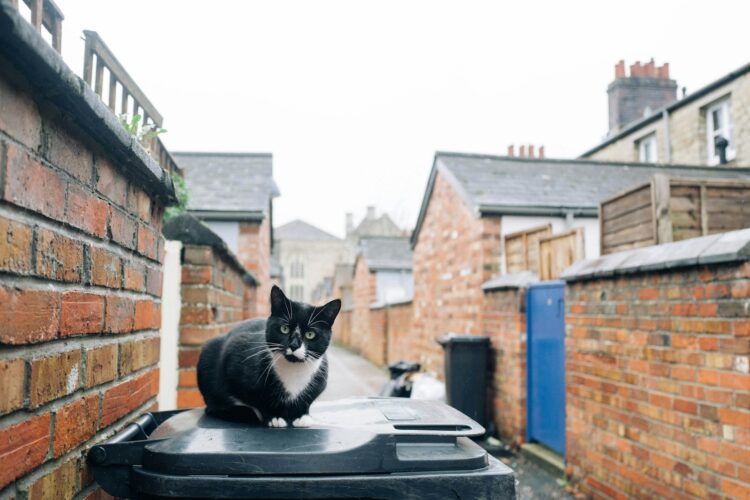
They used to trail you from room to room, a quiet shadow underfoot. Now they stay in one spot, eyes tracking you across the space. It is not distance. It is trust. They know you will come back, and that is enough. The devotion has not faded. It has simply learned to rest.
They Stop Playing, Except for Moments
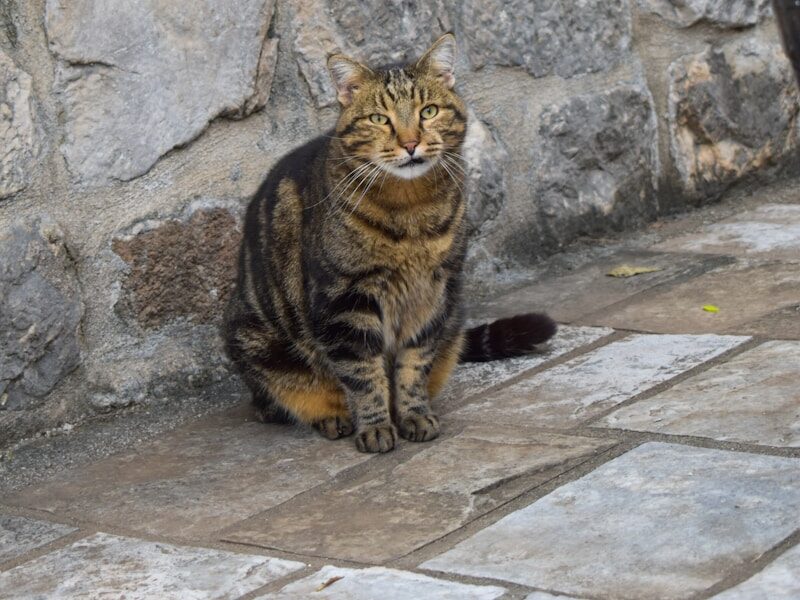
The toys still interest them, but their swats are gentler now. A flicker of old energy appears and then fades. You still play, not to keep them active but to remind them they are still your kitten in spirit. When they catch the string, you cheer like it is the first time all over again. Those short bursts of joy mean more now than all the wild play of their youth.
Their Purrs Change
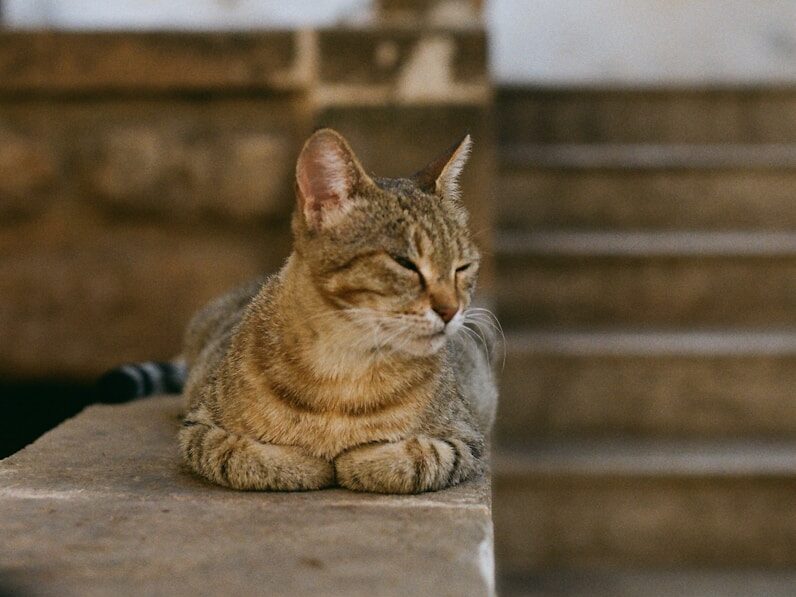
The sound is slower and deeper, almost like a quiet heartbeat you can feel more than hear. They do not purr as often, but when they do, it carries more meaning. It is no longer the playful, impulsive purr of youth. It feels like gratitude in sound form. Sometimes they start purring just because you are near, even without touch, as if to remind you that they still feel safe.
You Start Measuring Time Differently
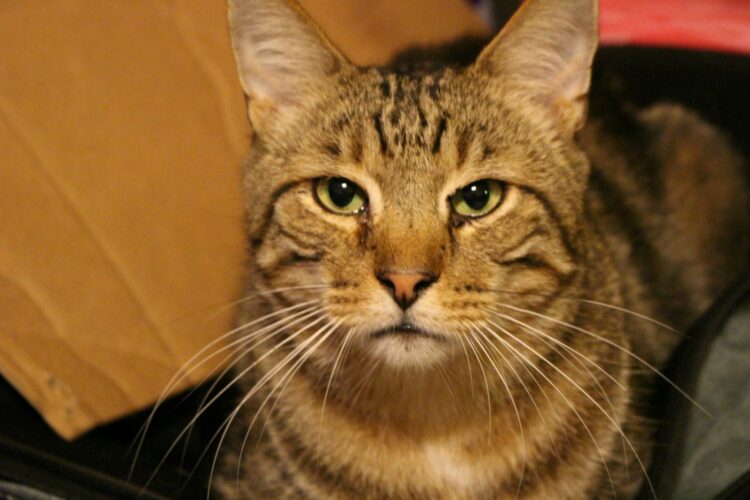
You stop counting birthdays and begin cherishing minutes. The mornings when they still greet you, the quiet evenings when they curl against your leg, the small moments that feel ordinary but are not. You start memorizing everything: the way they breathe when they sleep, the click of their claws on the floor, the rhythm of their purr. You take more photos but also try to live inside each moment, afraid to lose time behind the camera.

